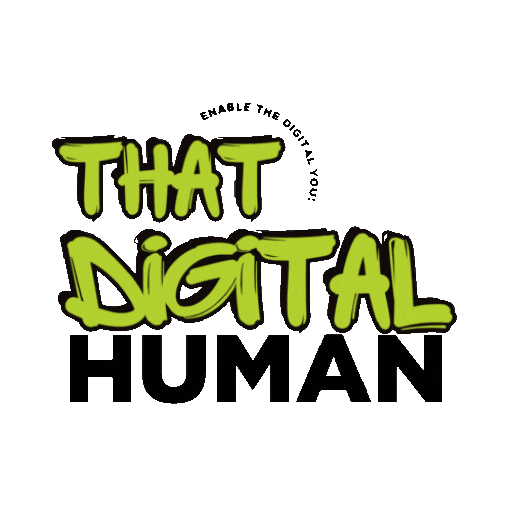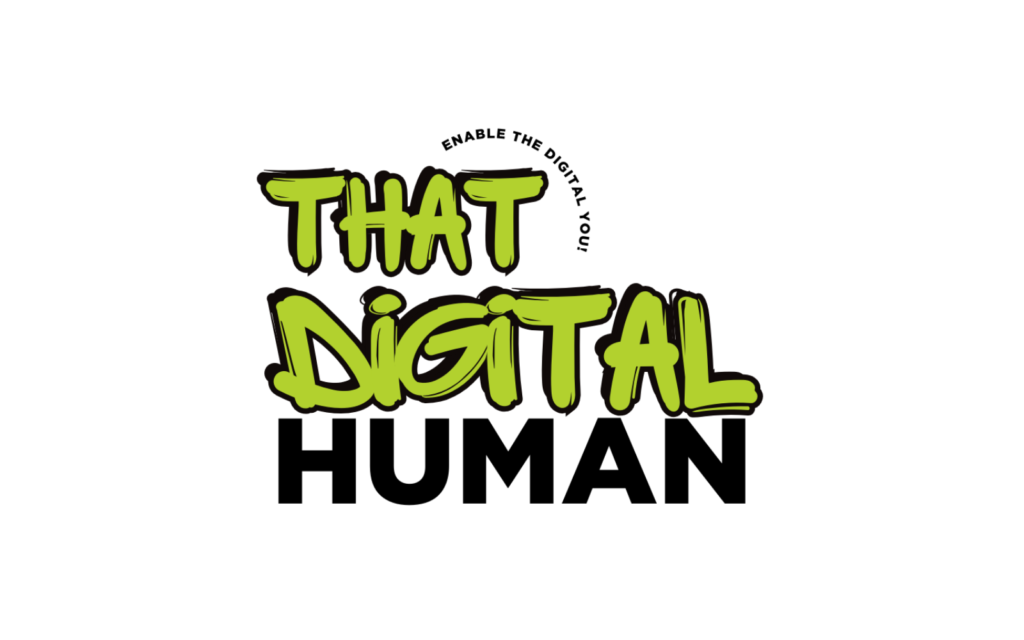If you’re a fresh graduate or early professional feeling overwhelmed by career decisions, you’re not alone. From figuring out what to do, how to stand out, to where to even begin learning, the process can feel like a maze. The good news? You don’t need to have all the answers. You just need the right questions, and ChatGPT can help you ask them.
Think of ChatGPT not as a chatbot, but as your career mentor, study buddy, resume builder, and brainstorming partner, all in one place. With the right prompts and a bit of consistency, you can turn this AI tool into a career companion.
Let’s break it down:
- Why ChatGPT is worth using for career prep
- Frameworks for career exploration
- How to build your profile and portfolio using ChatGPT
- How to learn new skills on the go
- A weekly plan with daily prompts to get you started
Why ChatGPT Can Be Your Career Wingman
ChatGPT can help you:
- Discover career options based on your strengths and interests
- Build job-ready documents like resumes and cover letters
- Learn new skills with structured roadmaps
- Prepare for interviews with mock questions and feedback
- Create sample projects even if you have no prior experience
The best part? It works on your schedule and is available 24/7.
Frameworks to Explore Careers Using ChatGPT
1. The “Ikigai” Career Discovery Prompt
This Japanese concept helps you find what you love, what you’re good at, what the world needs, and what you can get paid for. Try this prompt:
Prompt template:
“Help me explore career paths using the Ikigai method. I love writing and explaining concepts, I’m good at research and communication, I care about education and mental health, and I want a job that pays well and allows remote work. What are some career options that match this?”
ChatGPT might suggest roles like content strategist, edtech consultant, UX writer, or learning designer. Follow up with “What skills do I need to get started in [chosen role]?
2. The “T-Shaped Skills” Exploration Prompt
A T-shaped skillset means deep expertise in one area, and a working knowledge across others. This is super useful in today’s job market where employers value adaptability.
Prompt template:
“I want to build a T-shaped career. I’d like to go deep in graphic design, but also learn the basics of branding, writing, and marketing strategy. Can you suggest a learning path and sample projects I can include in a portfolio?”
Use ChatGPT to Build Your Resume and Portfolio
A. Resume and LinkedIn Optimization
Even if you have no formal work experience, ChatGPT can help you highlight internships, college projects, and transferable skills.
Prompt template:
“Here’s my current resume. Can you rewrite it to highlight my skills for an entry-level business analyst role? Also suggest keywords I should include for ATS systems.”
For LinkedIn:
Prompt template:
“Write a professional and engaging ‘About’ section for my LinkedIn. I’m a recent B.Com graduate interested in finance and data analysis. I’ve done two internships and I’m actively building my Excel and SQL skills.”
Create Sample Projects Without Experience
Don’t wait for a job to build a portfolio. Use ChatGPT to help you come up with personal or mock projects.
Prompt template:
“I want to show my skills in digital marketing. Give me a sample project idea I can do in 1 week with a basic outline, data I can use, and how I can present it on Notion or Google Docs.”
You can repeat this for UX design, product management, data analytics, or any field. Just adjust the prompt.
Use ChatGPT to Learn Skills on the Go
Whether you have 30 minutes a day or a few hours a week, ChatGPT can help break down learning goals into small, manageable chunks.
A. Create Skill Learning Roadmaps
Prompt template:
“Build a 4-week beginner roadmap to learn Power BI from scratch. Include free resources, YouTube links, and one small project idea per week.”
Follow up with:
“Now simplify this roadmap into daily 30-minute sessions.”
Pro TIP: The skill learning roadmap can be used by mid-career professionals as well. Happy skilling!
B. Understand Concepts in Simple Terms
Whenever you’re stuck on a topic, don’t Google blindly. Ask ChatGPT to explain it like you’re a beginner.
Prompt template:
“Explain how stock markets work in simple language with examples. Use analogies if possible.”
Or
“Can you compare mutual funds and SIPs like I’m new to finance?”
C. Practice for Interviews
ChatGPT can simulate interviews based on the job role you’re targeting.
Prompt template:
“Act like an interviewer for a data analyst role. Ask me five behavioral questions one by one. After each answer, give me feedback.”
This is a great way to practice without the pressure.
A Realistic Weekly Plan to Use ChatGPT for Career Growth
Here’s a 5-day routine designed for fresh graduates juggling job prep, upskilling, and real life. Each day includes an objective and a ready-to-use prompt.
|
Day |
Focus Area |
Action |
Prompt to Use |
|
Monday |
Career Direction |
Explore career paths based on your skills and interests |
“I’m a graduate in Psychology, good at empathy and communication. What are 5 career paths I can explore and what skills do they need?” |
|
Tuesday |
Resume & LinkedIn |
Improve or write your resume and LinkedIn profile |
“Help me write a resume for a fresher applying for HR internships. I have no formal experience but volunteered for college events.” |
|
Wednesday |
Skill Building |
Get a short learning roadmap and free resources |
“Create a 2-week learning plan for Canva and basic design skills. I want to create social media posts and pitch decks.” |
|
Thursday |
Project Building |
Build a sample project to showcase your skills |
“Give me a beginner-friendly project idea to show my skills in Excel and data cleaning. Include steps and data sources.” |
|
Friday |
Interview Practice |
Practice answering common interview questions |
“Give me 5 STAR-format interview questions for a fresher in finance. Let’s practice one at a time and you give feedback.” |
Repeat this each week with different focus areas or roles until you feel confident.
Final Thoughts
ChatGPT isn’t a magic wand, but it’s the smartest tool you can have in your toolkit if you know how to use it well. The best way to make progress in your career is to start small, stay consistent, and be curious.
Here’s a quick summary of how you can use ChatGPT effectively:
- Use career discovery prompts to explore your options
- Get help writing powerful resumes, bios, and applications
- Create mock or real projects even without work experience
- Build learning plans and upskill at your own pace
- Practice interviews and improve your communication
With just 30 minutes a day and the right prompts, you’ll be surprised how much clarity and confidence you can build in a few weeks.
Bonus: Tips for B.Tech Students to Gain Job-Ready Skills While in College
Whether you’re in Computer Science, Mechanical, Electronics, Civil, or any other B.Tech stream, college is the best time to start experimenting, learning, and preparing for life after graduation. The challenge is knowing where to focus and how to get started.
Here’s how you can use ChatGPT + free resources to build your skills practically, stream by stream.
1. Computer Science / IT
Goal: Strengthen core programming, build projects, explore domains like web, data, or AI.
Practical Tips:
- Master one language deeply: Use ChatGPT to build small projects in Python, Java, or JavaScript.
Prompt: “Give me a weekly plan to learn Python with 3 mini projects for beginners.” - Build GitHub portfolio: Create and push projects regularly. Ask ChatGPT:
Prompt: “Suggest 5 beginner-friendly open-source project ideas for GitHub.” - Explore domains:
Prompt: “Compare web development, data science, and machine learning. Which one suits a beginner with 3rd-year CS background?”
2. Electronics and Communication (ECE)
Goal: Bridge the gap between theory and practical applications. Learn embedded systems, IoT, or hardware-software integration.
Practical Tips:
- Simulate projects using tools like Proteus, Arduino IDE:
Prompt: “Give me a step-by-step guide for a final-year ECE project using Arduino.” - Build cross-functional skills: Try Python, MATLAB, or Verilog.
Prompt: “Create a 3-week learning plan for MATLAB from scratch for electronics projects.” - Explore IoT:
Prompt: “How can an ECE student start learning IoT using free resources?”
3. Mechanical Engineering
Goal: Combine hands-on mechanical knowledge with software tools and data.
Practical Tips:
- Learn CAD/CAE software: Start with SolidWorks, AutoCAD, or Fusion 360.
Prompt: “Give me a learning roadmap for AutoCAD with project ideas for beginners.” - Explore mechanical simulations & design thinking:
Prompt: “What are 5 practical mechanical mini-projects a 3rd-year student can do at home or with college lab support?” - Add data skills: Python + Excel + Basic analytics = high-value combo.
Prompt: “How can a mechanical student use Python in engineering projects?”
4. Civil Engineering
Goal: Gain skills in software, design, and sustainable construction practices.
Practical Tips:
- Learn AutoCAD, STAAD Pro, Revit:
Prompt: “Create a 4-week plan to learn AutoCAD for civil engineering applications.” - Work on environmental/smart city ideas:
Prompt: “Suggest a project idea that combines civil engineering with sustainability for a college competition.” - Basic data analysis can set you apart:
Prompt: “How can a civil engineer use Excel and Power BI for construction or site management?”
5. Electrical Engineering
Goal: Blend traditional electrical knowledge with smart systems and automation.
Practical Tips:
- Practice circuit design using Tinkercad or Multisim:
Prompt: “Give me 3 hands-on electrical projects I can simulate using Tinkercad as a 2nd-year EE student.” - Learn PLC automation or control systems:
Prompt: “What’s the best way to start learning industrial automation while still in college?” - Explore Python for electrical simulations or smart grids:
Prompt: “How can Python be used for electrical load calculations or automation?”
Universal Tips for All B.Tech Streams
Regardless of your branch, these actions can boost your career prep significantly:
- Participate in hackathons or college fests: Ask ChatGPT to help prepare a project pitch.
Prompt: “Help me create a 5-minute pitch for my college hackathon project on smart energy meters.” - Build a learning + project tracker using Notion or Google Sheets:
Prompt: “Help me create a Notion template to track my weekly learning goals, projects, and job prep.” - Write about what you learn: Use ChatGPT to polish LinkedIn posts or blog ideas.
Prompt: “Turn this project description into a short LinkedIn post that explains what I built and why.” - Network intentionally:
Prompt: “How should a B.Tech student write a message to connect with a senior on LinkedIn for internship advice?”
Your degree gives you the foundation. What you build on top of it; projects, digital proof, skill combos, will shape your career path. ChatGPT can guide you through all of it, from idea to execution. The key is to start small and keep going, week by week.
You don’t need to be an expert to start. You just need to be curious.
Fin.


